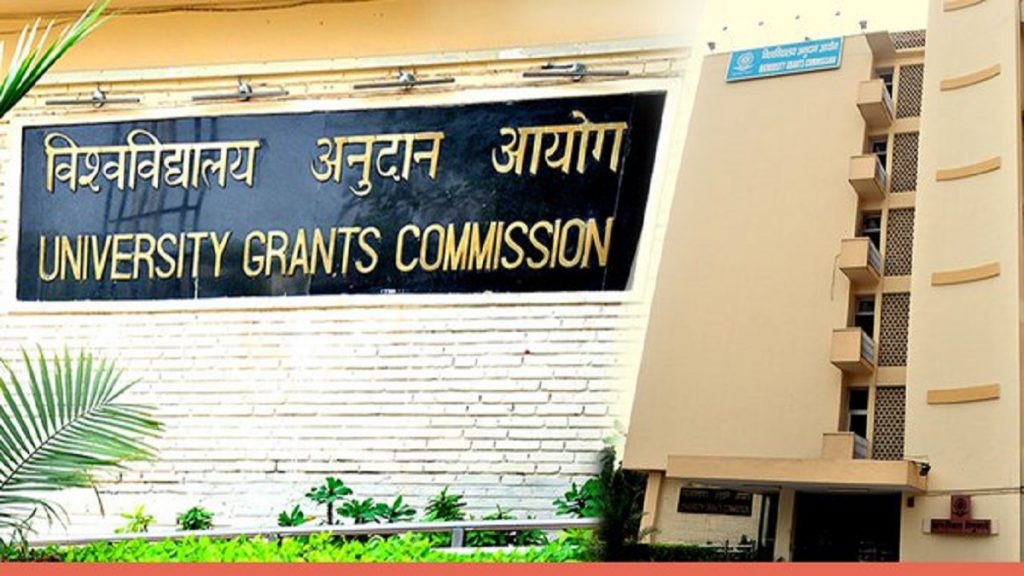
2024 Transformation: NEP 2020 Revolutionizes Indian Higher Education – UGC
In November 2022, the Ministry of Education, Government of India established a comprehensive committee led by Dr. K. Radhakrishnan, Former Chairman of ISRO and Chairperson of the Standing Committee of IIT Council. The committee’s mandate was to propose transformative reforms aimed at bolstering the assessment and accreditation processes for higher education institutions (HEIs) in India.
The committee has put forth a series of transformative reforms to enhance the periodic approval, assessment, accreditation, and ranking procedures for all HEIs across the country.
The recommendations outlined below highlight the key features of the proposed reforms:
- Binary Accreditation: The shift towards binary accreditation, where institutions are either accredited or not, aims to incentivize participation in the accreditation process, fostering a culture of quality in higher education. This approach aligns with global best practices and encourages institutions to strive for excellence.
- Maturity-Based Graded Accreditation: The introduction of graded accreditation levels (Level 1 to 5) incentivizes accredited institutions to continually enhance their standards. Institutions can progress from Levels 1 to 4 as National Centers of Excellence before aiming for Level 5 status as Institutions of Global Excellence. This tiered system encourages institutions to excel and positions them competitively on the global stage.
- Outcome and Impact Focus: The accreditation metrics for both binary and graded accreditation prioritize outcomes and impact over input-centric criteria. This ensures that institutions are assessed based on their effectiveness in achieving desired outcomes and making a tangible impact in various areas of higher education.
- One Nation One Data Platform: A unified data platform is proposed to centralize institutional data for transparency and integrity. This platform will streamline data collection and validation processes, facilitating cross-checking and ensuring the authenticity of information. Stakeholder validation mechanisms will further enhance data reliability and validity.
- Trust and Data-Driven Approach: The accreditation system will prioritize trust and data-driven decision-making, minimizing on-site visits for verification while imposing strict penalties for inaccuracies. Customized rankings based on stakeholder feedback, including industry, funding agencies, and students, will provide nuanced insights into institutional performance.
Following the recommendations, the Executive Committee of NAAC has decided on a phased implementation approach. The binary accreditation system will be rolled out in the next four months, with a transition period for existing and new applicants to opt for the new methodology. The Maturity-Based Graded levels will be implemented by December 2024, aligning with the overarching reform timeline.
Furthermore, methodologies and formats are being redesigned based on the recommendations, ensuring a seamless transition and user-friendly experience for institutions. These changes will be reflected in the data collection and validation processes, making the accreditation system more accessible and efficient for all stakeholders involved.
